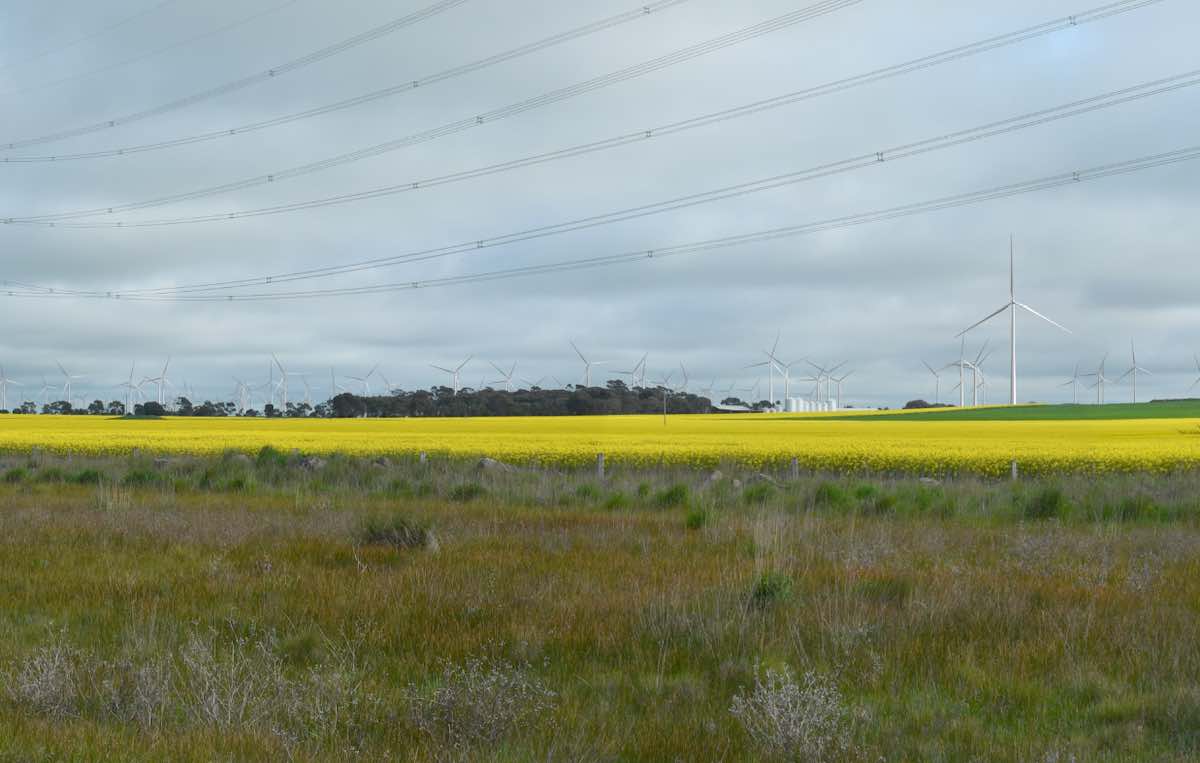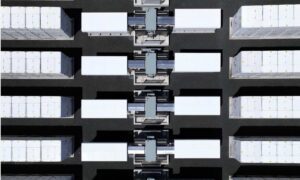WestWind Energy will push ahead with plans to build one of Australia’s largest wind farms in Victoria’s south-west, after some final amendments to the 800MW Golden Plains project were waved through by state planning minister Richard Wynne.
The German-backed but locally based developer of the massive wind farm in January applied to tweak the project’s already permitted design to include a total of 215 turbines of up to 230 metres in height, down from the original application for 228.
The Victorian government’s Department of Energy, Land, Water and Planning on Monday confirmed that the amendments to the project’s original planning permit, issued in December 2018, had been approved by the minister.
In a statement, Minister Wynne said the application was not required to be referred to a planning panel, because it did not propose to increase the total number of turbines or increase the maximum height of a turbine allowed under the existing permit.
“Like all applications to amend a planning permit, the application to amend the Golden Plains Wind Farm was considered on its merits and in line with relevant planning policy and legislation,” the minister said.
The decision marks a win for the project originally proposed as a 231-turbine project in early 2017 after “sitting on the books” for years, WestWind once said, awaiting the right political and economic environment.
What followed was a lengthy legal battle, with opponents to the wind farm seeking to overturn its 2018 planning permit based on concerns about the project’s size and impact on local Brolga breeding sites.
The case, put by the same lawyer leading a five-year legal battle against another Victorian wind project, Bald Hills, was in 2019 defeated in the Victorian Supreme Court and then in August 2020 in the Court of Appeal. A last-ditch High Court challenge in late 2020 was also unsuccessful.
As WestWind noted in January, during the time taken up by the legal challenges, wind energy technology had continued to improve, prompting the company to put forward an amendment to use more efficient turbines that could generate more power with a smaller overall footprint – including to accommodate a Brolga buffer zone.
On the Golden Plains website, WestWind said that the latest generation of machines with larger rotors would allow the project to generate roughly 10 to 14 per cent more electricity without increasing the overall height of the turbines.
The Golden Plains Shire council appears to support the state government’s decision on the project, telling media this week that WestWind had “engaged with the Rokewood community throughout … including the protection of farmland and sustainable farming, as well as improvements to local roads.”








